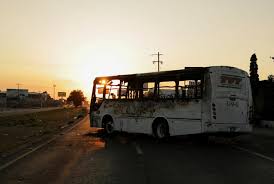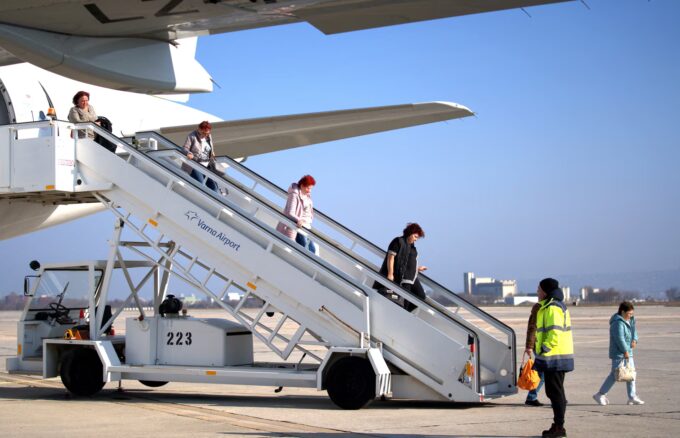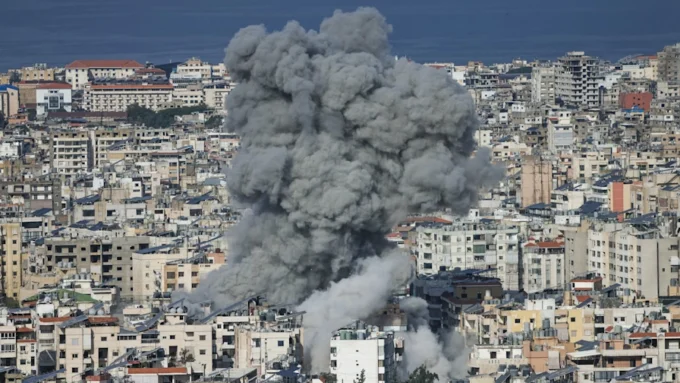Since April 2023, Sudan has been locked in a brutal and protracted civil war between two rival military factions, the Sudanese Armed Forces (SAF) and the paramilitary Rapid Support Forces (RSF). This power struggle, which erupted following a failed transition to civilian rule, has plunged Africa’s third-largest country into one of the worst humanitarian crises in the world today. Yet, global attention remains shockingly absent, allowing the conflict to escalate into a full-scale disaster with devastating consequences for millions of people.
The conflict has internally displaced over 10 million people, according to the International Organization for Migration (IOM), while the Norwegian Refugee Council (NRC) puts the figure closer to 15 million. Half of Sudan’s 45 million citizens are now in urgent need of humanitarian assistance. Families are fleeing en masse, seeking shelter in unfinished buildings, makeshift camps, or sleeping in the open with little to no access to food, clean water, or medical care. Many children are dying of hunger and disease, while millions more face the threat of acute malnutrition and violence.
The fighting, which initially centered around the capital, Khartoum, has spread across the country, devastating both rural and urban regions. Hospitals have been bombed or shut down, and medical staff targeted by armed groups. Médecins Sans Frontières (Doctors Without Borders) reports that health facilities are overwhelmed or have ceased operations entirely due to insecurity, looting, or lack of supplies.
In Darfur, a region haunted by past genocides, the situation has deteriorated further. Human Rights Watch, the BBC, and other credible organizations have documented large-scale ethnically targeted violence, particularly in El Geneina in West Darfur, where thousands of civilians, including members of the Masalit ethnic group, have been killed or forcibly displaced. Looting, rape, and the burning of homes have become tragically common, echoing the horrors of Darfur’s 2003 genocide.
Sudan’s children are among the worst affected. According to UNICEF, over 14 million children are in desperate need of life-saving assistance. More than 4 million children are acutely malnourished, and many are unable to access basic education as schools have been destroyed, shut down, or converted into shelters for displaced families. In some areas, children are dying at alarming rates from starvation and preventable diseases, and the rise in gender-based violence has further traumatized communities.
This crisis is not confined within Sudan’s borders. Over 11 million people have fled to neighboring countries like Chad, South Sudan, Egypt, the Central African Republic, and Ethiopia, according to the United Nations High Commissioner for Refugees (UNHCR). These countries many already struggling with economic hardship and instability, are now facing added pressure to host thousands of refugees daily. Camps are overwhelmed, resources are stretched thin, and tensions are rising.
Despite the scale of suffering, humanitarian organizations face nearly insurmountable challenges in reaching those in need. The Office of the UN High Commissioner for Human Rights (OHCHR) estimates that over 25 million people in Sudan require humanitarian aid. Yet, aid convoys are routinely attacked, roads are blocked by armed groups, and warehouses have been looted. Medical teams from MSF have reported armed robberies, while World Food Programme operations have been halted in some areas due to security risks. The UN’s 2024 humanitarian response plan for Sudan is critically underfunded, with less than 20 percent of needed funds secured by mid-year.
Sudan’s civil war has been eclipsed by other global crises, such as the war in Ukraine, escalating violence in Gaza, and rising tensions in East Asia. Editorial bias, media fatigue, and geopolitical disinterest have kept Sudan’s tragedy largely off the headlines. Yet the scale of the disaster is staggering. The crisis is now one of the largest displacement emergencies globally, second only to Syria and surpassing even Ukraine in internal displacement numbers.
International diplomatic efforts have so far failed to bring any lasting ceasefire. Numerous truces have collapsed almost immediately. A recent UK-led conference in London failed to unite key Arab stakeholders such as Egypt, the UAE, and Saudi Arabia around a coherent peace strategy. Regional powers continue to back opposing sides in the conflict, further complicating mediation efforts. The fractured nature of global diplomacy has only emboldened warlords and prolonged the suffering of millions.
If the world continues to look away, Sudan’s conflict could evolve into a permanent state of instability, fueling extremism, regional spillover, and a generation lost to war. The consequences of inaction are not limited to Sudan alone; they threaten to destabilize East Africa and undermine decades of fragile peace and development across the region.
Sudan is not a footnote in global affairs. It is a test of our shared humanity and the world’s commitment to protecting vulnerable populations. The time to act is now. Diplomats must push for a permanent ceasefire. Donors must fund the humanitarian response. And the international media must give Sudan the attention it desperately needs before an entire nation falls completely into the abyss.














Leave a comment